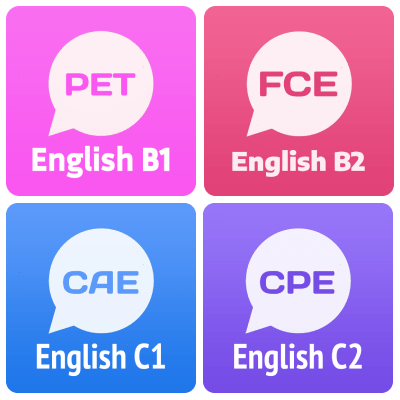Future Continuous
The Future Continuous describes actions in progress at a specific time in the future. It is formed with 'will be' + verb-ing.
Back
The Future Continuous
The future continuous tense isn't taught very much in English classes but, in fact, English speakers use it a lot. You will sound much more natural if you master this tense.
Here is how we make the positive (will + be + verb-ing):
| Positive | Contracted Positive |
|---|---|
| I will be sleeping | I'll be sleeping |
| you will be sleeping | you'll be sleeping |
| he will be sleeping | he'll be sleeping |
| she will be sleeping | she'll be sleeping |
| it will be sleeping | it'll be sleeping |
| we will be sleeping | we'll be sleeping |
| they will be sleeping | they'll be sleeping |
In the same way as with the future simple, usually we use the short form ('ll be verb-ing) when we are speaking.
We can make the negative by adding 'not':
| Negative | Contracted Negative |
|---|---|
| I will not be sleeping | Iwon't be sleeping |
| you will not be playing | you won't be playing |
| he will not be reading | he won't be reading |
| she will not be working | she won't be working |
| it will not be raining | it won't be raining |
| we won't be cooking | we won't cooking |
| they will not be listening | they won't be listening |
Questions are also really, really easy. We put will before the subject to make a 'yes / no' question:
| Yes/No Questions |
|---|
| will I be eating chocolate? |
| will you be studying now? |
| will he be working? |
| will she be doing her homework? |
| will it be raining? |
| will we be meeting at six? |
| will they be cooking? |
For 'wh' questions, just put the question word at the front:
| Wh Questions | |
|---|---|
| Why will I be eating chocolate? | |
| What will you be studying now? | |
| When will he be working? | |
| What will she be doing? | |
| Why will it be raining? | |
| Who will we be meeting? | |
| How will they be travelling? |
When Should I Use The Future Continuous Tense?
1. We use the future continuous to talk about an action in the future that overlaps another, shorter action or a time. The action in the future continuous usually starts before and might continue after the second action or time. This is very similar to how we use the past continuous in the past. The verb after 'when' is usually in the present simple.
- I'll be waiting when you arrive.
- At eight o'clock, I'll be eating dinner.
2. We can use the future continuous to talk about something that will happen if everything happens as we expect. This is sometimes called future as a matter of course. It's usually possible to choose the future simple as well, but we often choose the future continuous because then it's clear that we are not making a request or offer.
- The Government will be making a statement later.
- When will you be leaving? (This is more polite than 'when will you leave?' because it's definitely not a request for you to leave.)
Remember, we can't use the future continuous with stative verbs, so if we want to use a stative verb in one of the situations where we need to the future continuous, then we use the future simple with 'will'.
